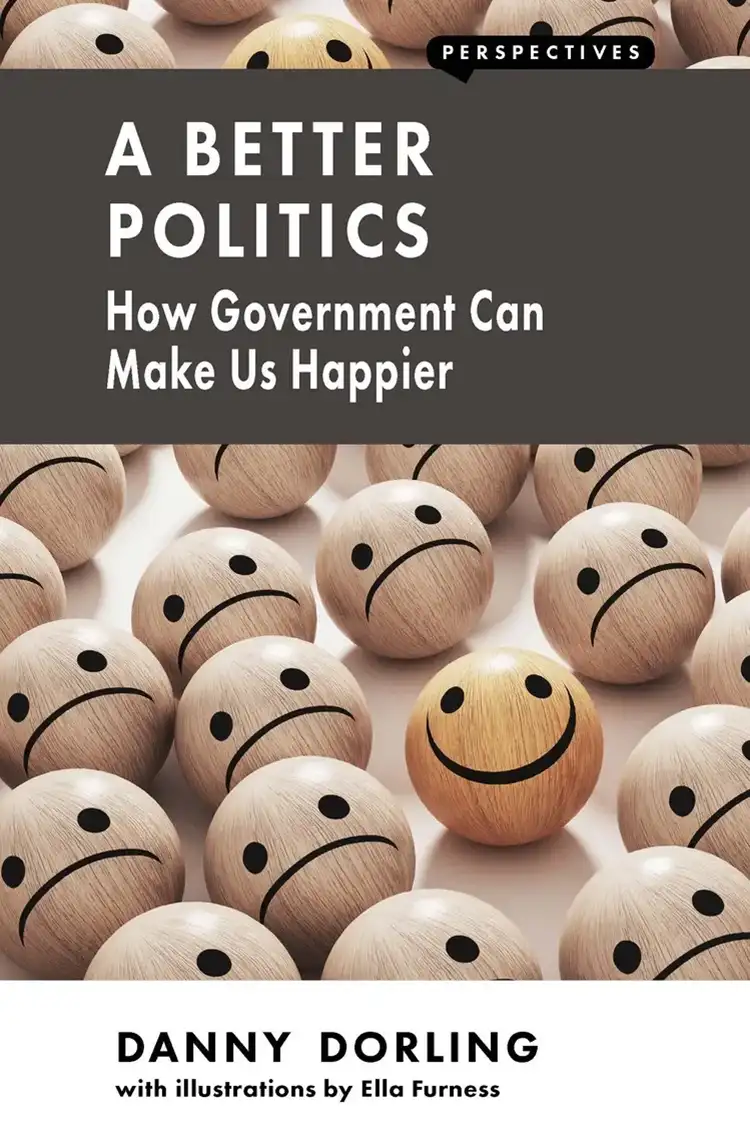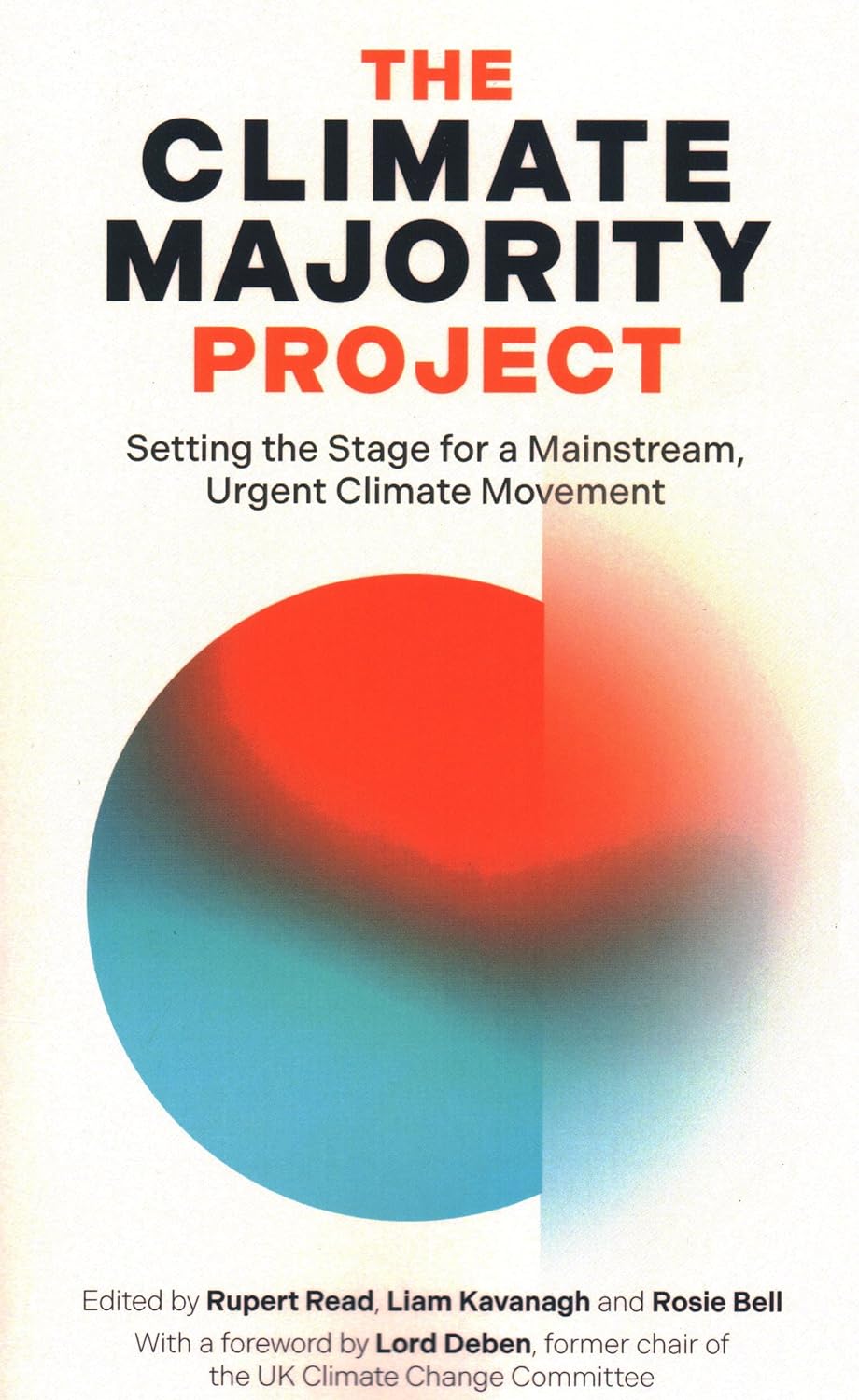Perspectives are essays on big ideas by leading writers, each given free rein and a modest word limit to reframe an issue of great contemporary interest. – Diane Coyle, Series Editor
Happiness is the avoidance of misery, the gaining of long-term life satisfaction, the feeling of fulfilment, of worth, of kindness, of usefulness and of love. The book is about what makes most of us happier, but it is also about the collective good. We cannot truly be happy if those around us are not happy. Individualist attempts at self-improvement – or only looking after yourself and your family – do not work in the long run.
This book looks at the evidence for a successful politics that would promote happiness and health, and it suggests policies that take account of this evidence. Government can and should work to make us happier.
A free version of the book containing downsampled versions of the illustrations can be downloaded in PDF form here: [download id=”1390″]. It is licensed under a Creative Commons License and may be passed on electronically for free but must not be copied for sale. Paid-for high-resolution and reflowable versions of the ebook are widely available and will be available here soon.
Advance praise for A Better Politics
‘The thing that is lacking in the often machine-like short-term tactics of British politics is any vision of what we could be as individuals and as a nation. Danny Dorling makes simple arguments for a better society – ideas that are grounded in practical idealism and backed up with intelligent interpretation of evidence and data.’
From the foreword by Lord Victor O. Adebowale, Crossbench Peer
‘Starting from the very reasonable view that public policy should concentrate on what would further our well-being, Dorling argues for a provocative range of policies. This is a useful corrective to the focus on measured economic growth, which can all too readily dominate our thinking; these ideas deserve further debate.’
Dame Kate Barker, Former member of the Bank of England’s Monetary Policy Committee
‘In The Argumentative Indian, Amartya Sen encourages us to consider the traditions, contributions and shared humanity of people like us who are different – Danny Dorling has done that for me.’
Sir Peter Bottomley, Conservative MP and former minister
‘A formidable intervention into current political debate.’
Anthony Giddens, Former Director of the LSE
‘What matters most, what makes us happy, and what, if anything, governments can do to help us thrive are vital questions. Some of the answers around money and housing are admirably clear. Others are unavoidably complex – governments will always struggle to influence our relationships. But no one will read this book without finding new insights and inspiration.’
Geoff Mulgan, Chief Executive of Nesta
‘Whether one leans left or right, this is a remarkably engaging book. Dorling is ahead of his time in blending common sense with an emphasis on the use of objective evidence about societal happiness.’
Andrew Oswald, Professor of Economics, University of Warwick
Danny Dorling is the Halford Mackinder Professor of Geography at the University of Oxford. He grew up in Oxford and went to university in Newcastle upon Tyne. He has worked in Newcastle, Bristol, Leeds, Sheffield and New Zealand. With a group of colleagues he helped create the website www.worldmapper.org, which shows who has most and least in the world. Much of Danny’s work is available open access (see www.dannydorling.org). His work concerns issues of housing, health, employment, education and poverty, and his many books (some co-authored) include Injustice: Why Social Inequality Still Persists (Policy Press), Inequality and the 1% (Verso), The Social Atlas of Europe (Policy Press), All That is Solid: The Great Housing Disaster (Allen Lane), Population 10 Billion (Constable), So You Think You Know About Britain? (Constable) and The Visualization of Social Spatial Structure (Wiley).





